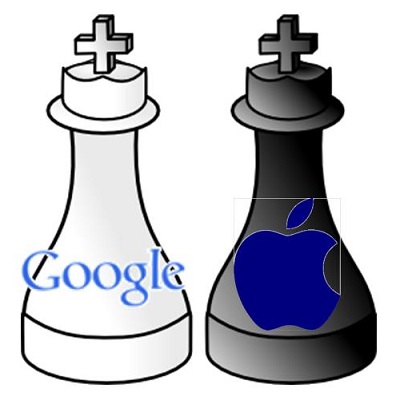The results of a new data analysis are now suggesting that smartwatches and other wearable tech may be great for employees.
According to the results of a study that was recently commissioned by Rackspace, the adoption of wearables within a workplace can be beneficial to the productivity of a company’s workers and can even help to boost job satisfaction.
As wearable technology becomes increasingly popular, this insight could help to boost its adoption.
The research showed that while wearables can have several benefits, there have also been concerns raised by professionals in IT departments, regarding the security of these newly released devices. They have cautioned that newly generated data could not only have a lower mobile security level than on laptops, smartphones, or tablets, but it could also cause an explosion in the workload for those IT departments as a range of new wearable technology devices – and all of their associated problems and questions – flood a workplace.
The findings of this wearables study are the result of the Human Cloud at Work project.
 The Human Cloud at Work project examines the difference that mobile devices such as smartwatches and fitness trackers can make to a corporate working environment. According to the project’s leader, Chris Brauer, “Wearable technologies are arguably the biggest trend since tablet computing, so it’s natural that employees and businesses will look to use these devices in the workplace.”
The Human Cloud at Work project examines the difference that mobile devices such as smartwatches and fitness trackers can make to a corporate working environment. According to the project’s leader, Chris Brauer, “Wearable technologies are arguably the biggest trend since tablet computing, so it’s natural that employees and businesses will look to use these devices in the workplace.”
Brauer also went on to explain that “Using data generated from the devices, organizations can learn how human behaviors impact productivity, performance, well-being and job satisfaction.” The study indicated that nearly one in three large British businesses are already planning or practicing a trial or pilot program for wearable tech.
Though that figure may seem large, the American figure is even larger than that, as nearly two out of every three large businesses in the U.S. said that they were planning to or were currently testing the use of this type of gadget.
Clearly the predictions that 2014 would be the year of the wearables are proving to be quite true, as companies and consumers, alike, show their interest in this type of technology.


